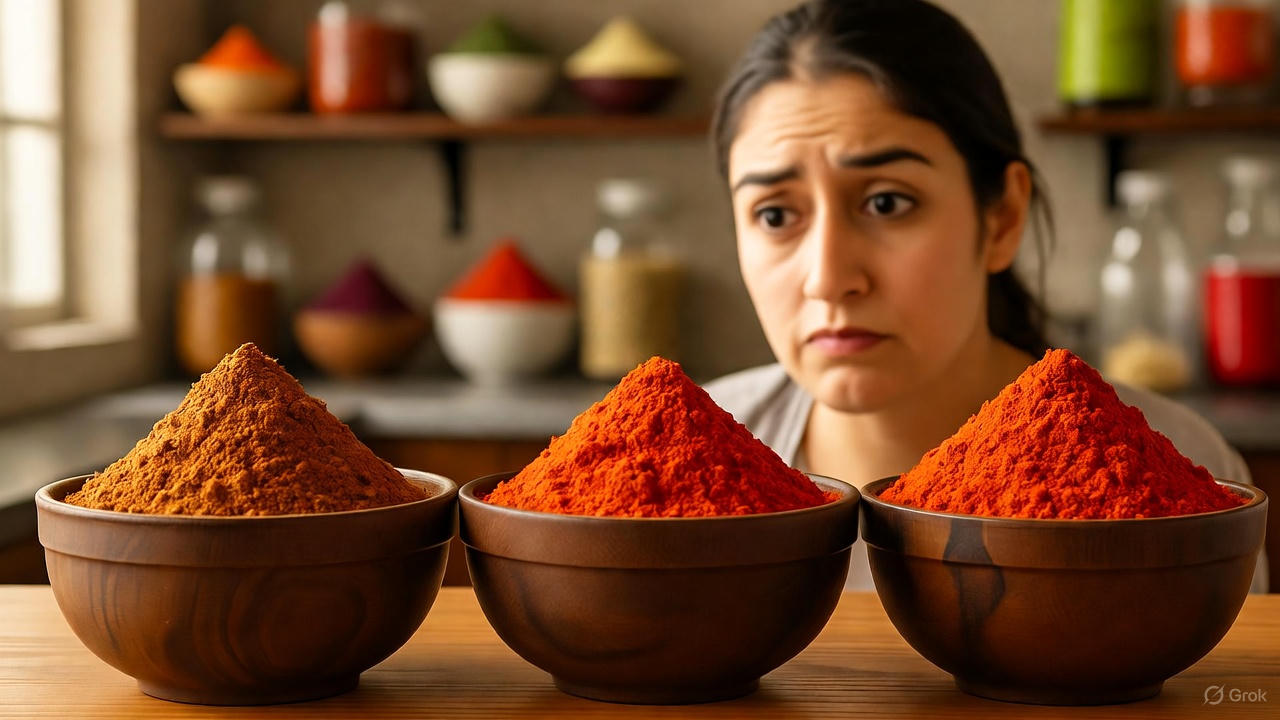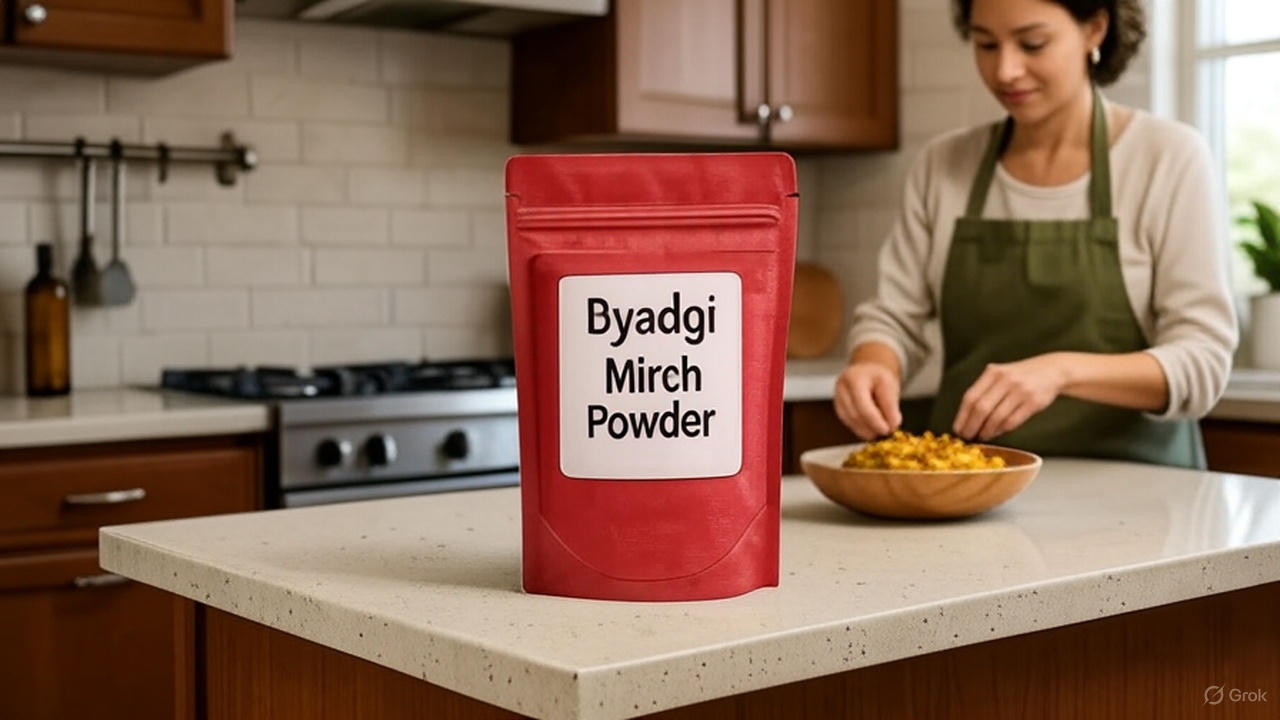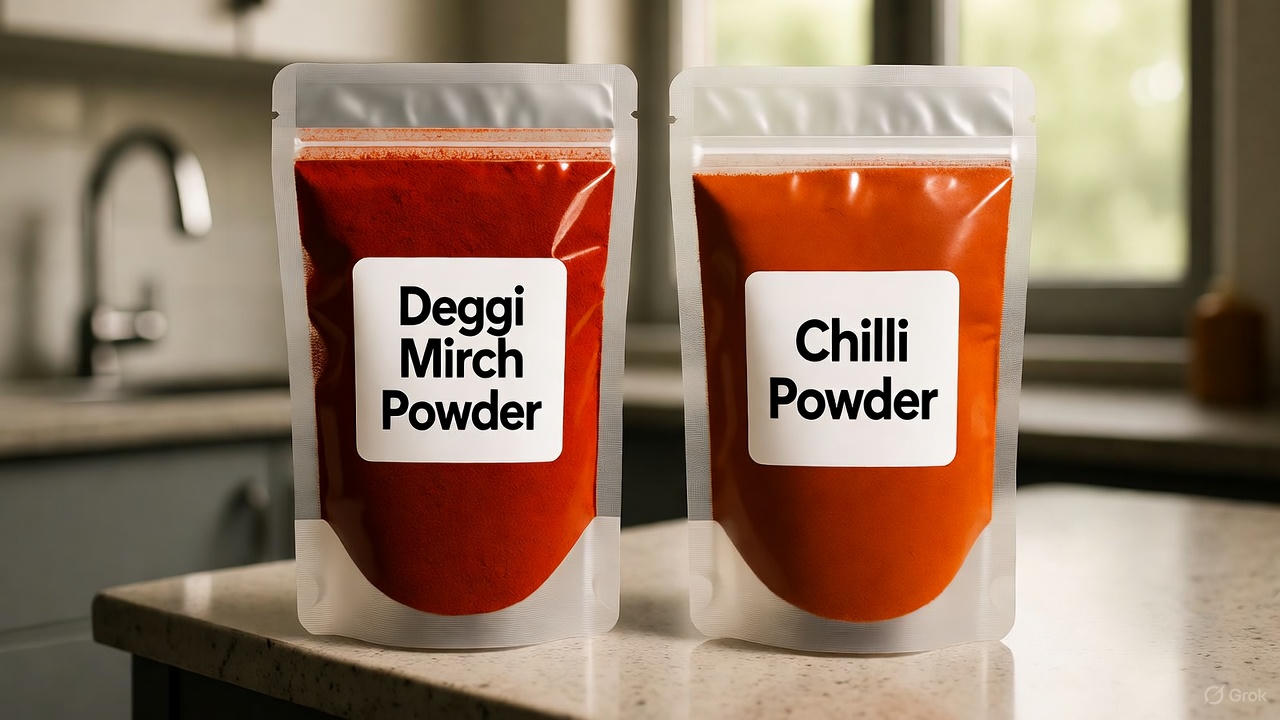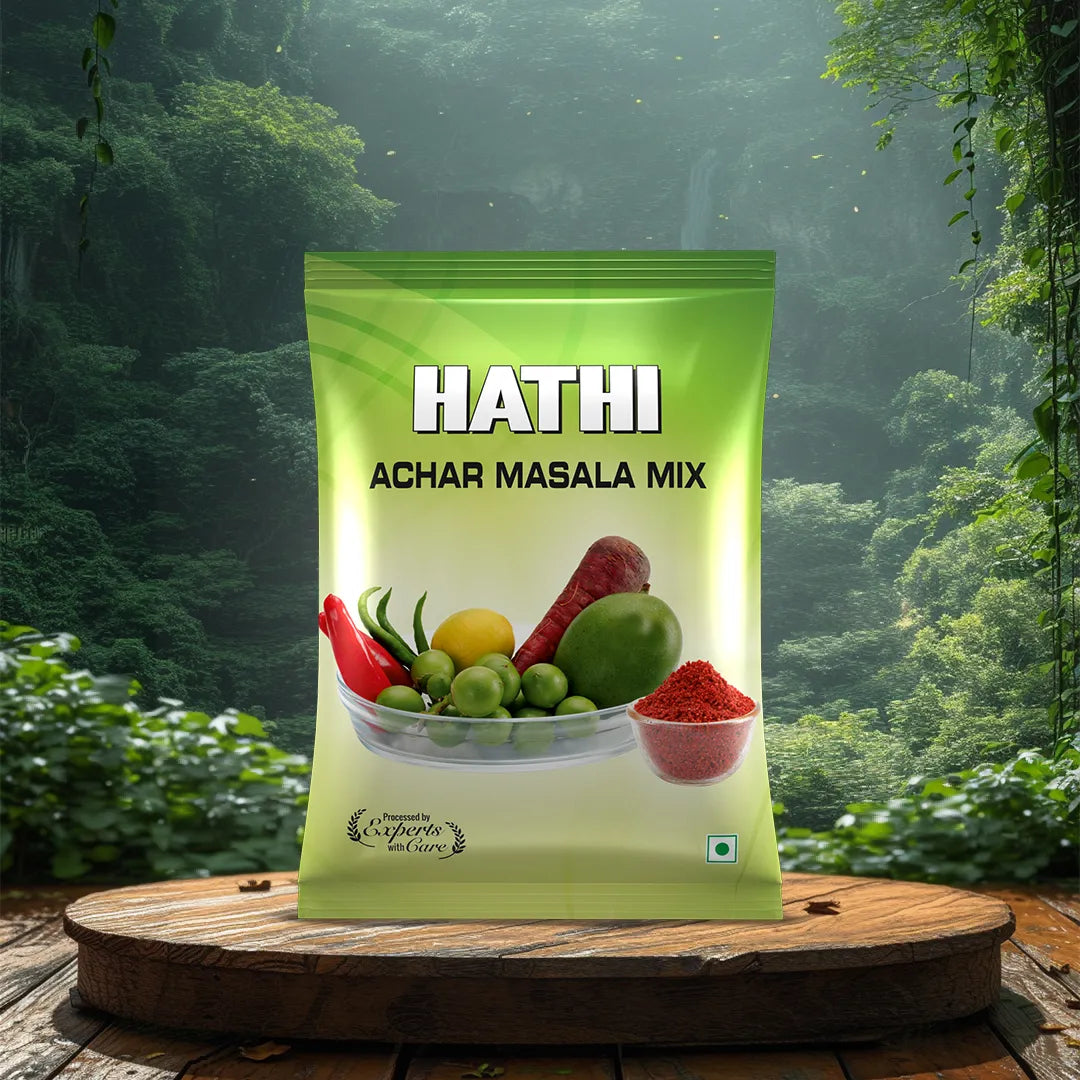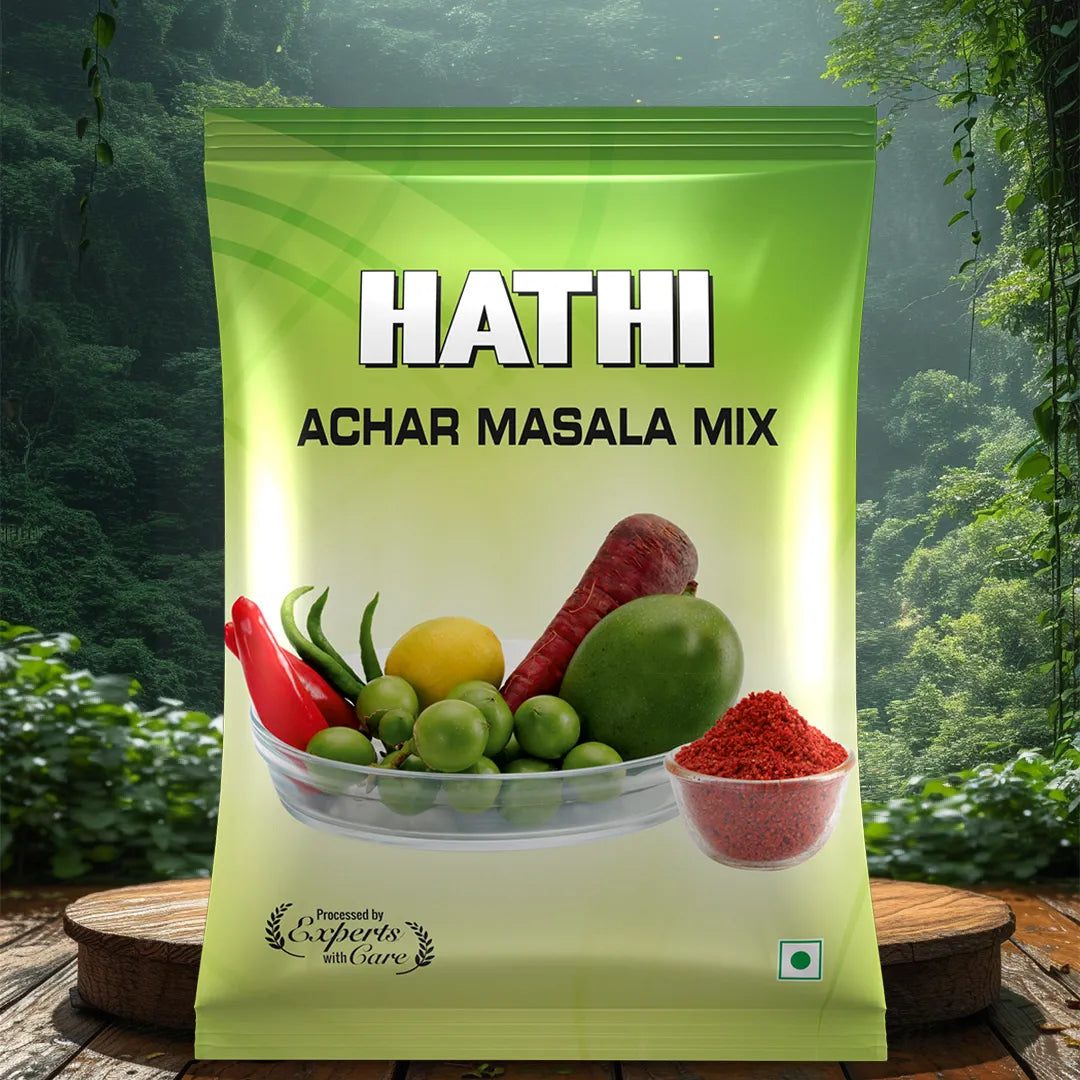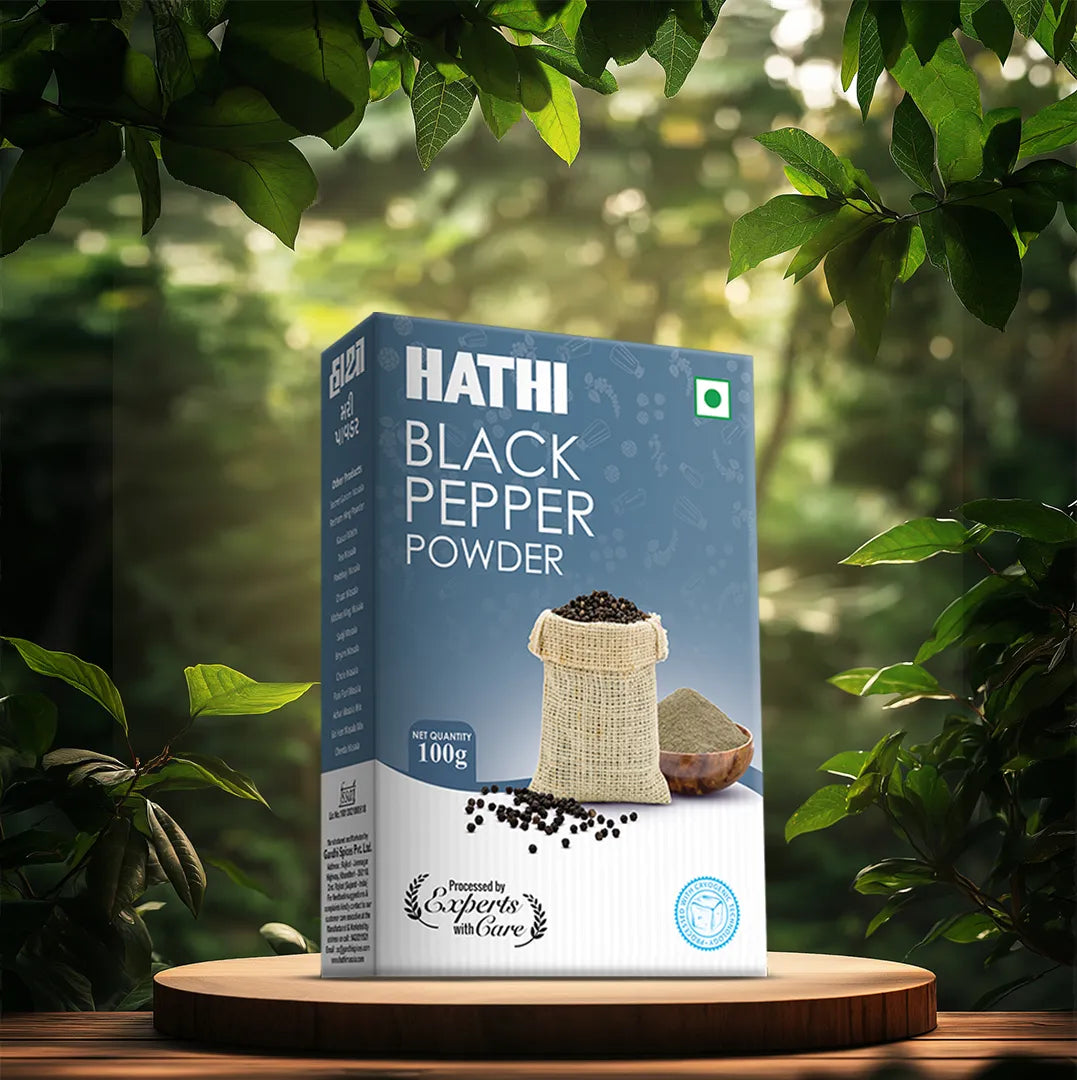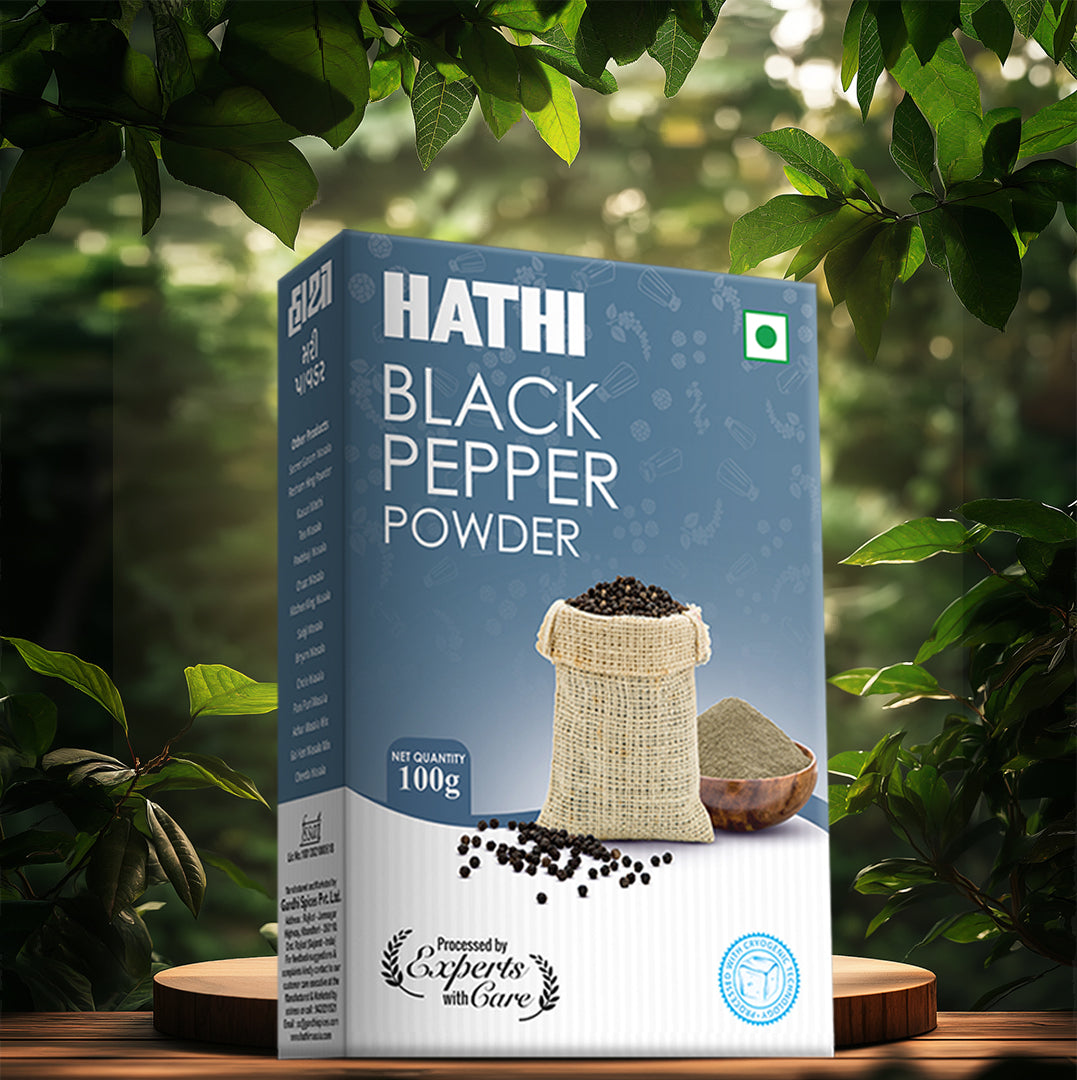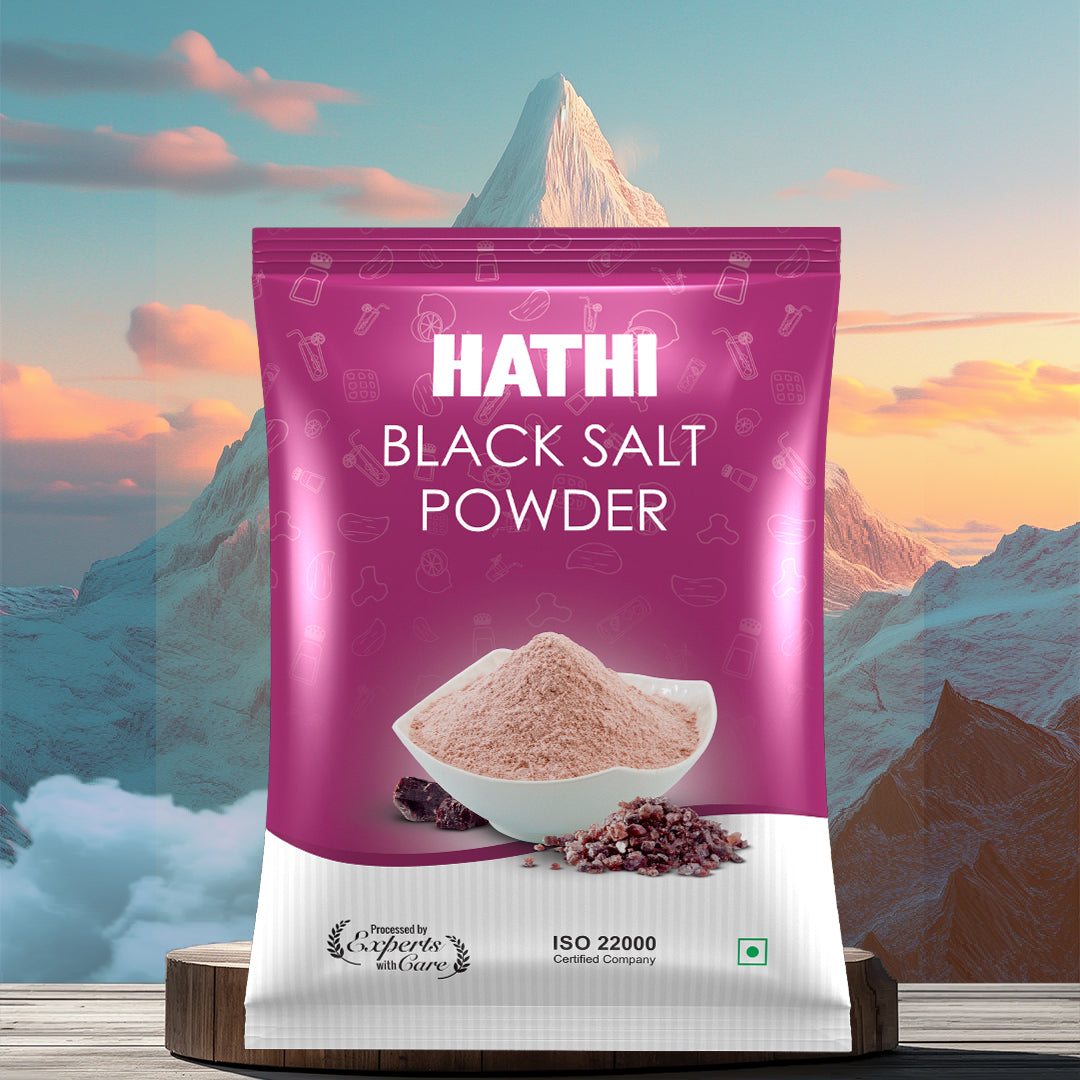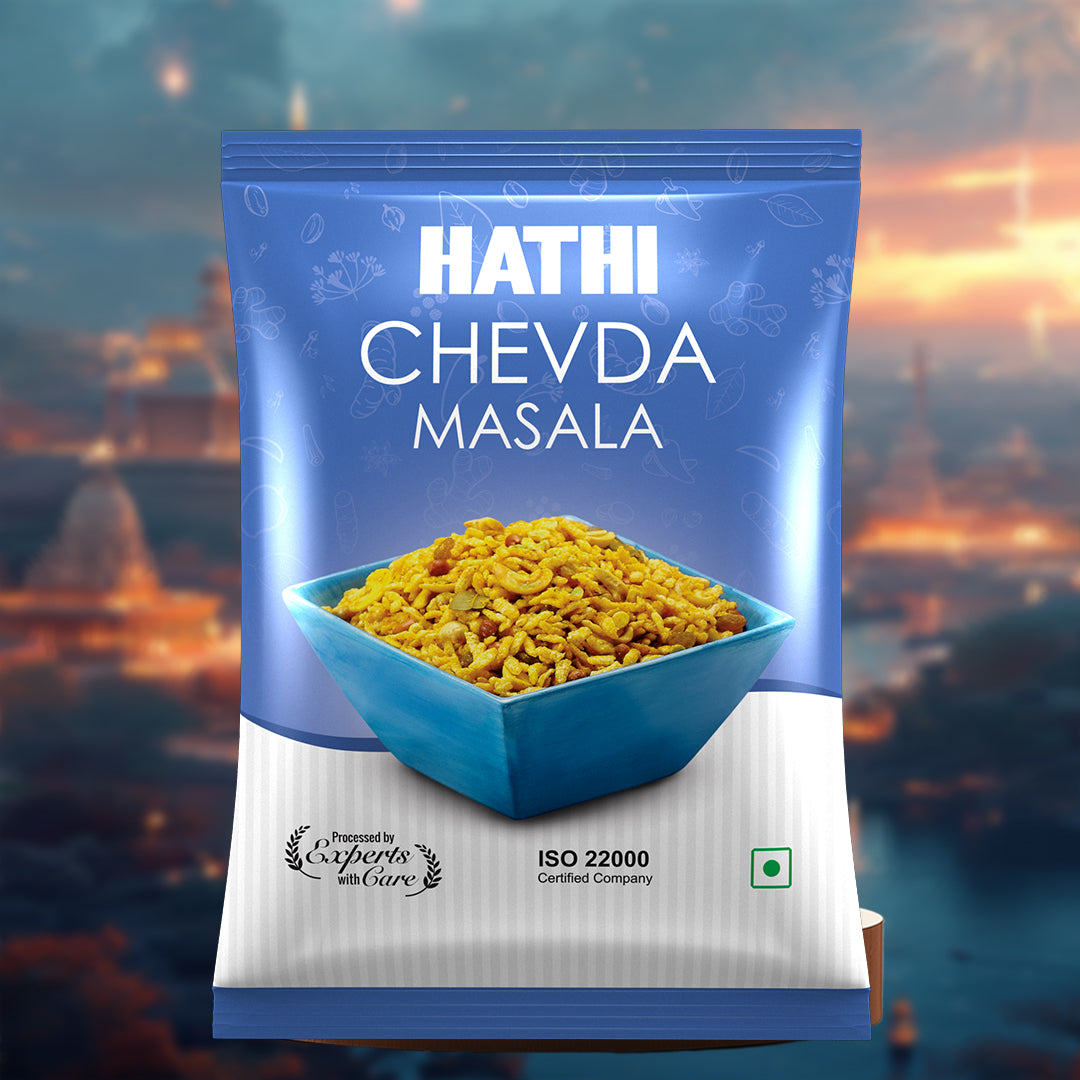Pistachios are one of the most loved nuts worldwide. Known for their crunchy texture and slightly sweet flavor, they are packed with nutrients that offer impressive health benefits. Whether you are someone looking to lose weight, boost heart health, improve skin glow, or simply eat smarter, pistachios can be a great addition to your daily diet.
In this guide, we’ll explore everything you need to know about pistachios, from their nutritional value and calorie count to their proven health benefits and the right way to eat them.
What You Will Learn
By the end of this article, you’ll understand:
- The complete nutrition profile of pistachios
- How many calories do they contain, and how to balance them in your diet
- Proven health benefits supported by research
- Ideal portion sizes and the best time to eat them
- Possible side effects and precautions
- Answers to common questions about pistachios
Let’s begin by understanding what makes pistachios so nutritious.
Pistachio Nutrition Overview
Pistachios are one of the most nutrient-dense nuts. They are rich in protein, healthy fats, fiber, antioxidants, and essential vitamins and minerals like Vitamin B6, thiamine, copper, and manganese.
Here’s a breakdown of pistachio nutrition per 100 grams and per 28 grams (1 ounce or about 49 kernels):
| Nutrient | Per 100g | Per 28g (1 oz) |
|---|---|---|
| Calories | 560 | 159 |
| Protein | 20.6 g | 5.8 g |
| Total Fat | 45 g | 13 g |
| Carbohydrates | 28 g | 8 g |
| Fiber | 10 g | 3 g |
| Sugars | 8 g | 2 g |
| Vitamin B6 | 1.7 mg (85% DV) | 0.48 mg (25% DV) |
| Potassium | 1025 mg | 290 mg |
| Phosphorus | 485 mg | 139 mg |
| Magnesium | 120 mg | 34 mg |
Pistachios are unique among nuts because they are one of the lowest-calorie nuts while being rich in plant protein and fiber. This balance makes them a perfect choice for weight management and heart health.
How Many Calories Are in Pistachios?
A serving of 28 grams (about 49 kernels) provides approximately 159 calories. While this may sound high, pistachios are considered a nutrient-dense food, meaning they offer a large amount of nutrients for relatively few calories.
When compared to other nuts:
- Almonds: 164 calories per 28g
- Cashews: 157 calories per 28g
- Walnuts: 185 calories per 28g
Pistachios stand out for being lower in calories and fat but higher in protein and fiber. This makes them one of the best nut choices for people managing their calorie intake.
Since they are also rich in unsaturated fats and antioxidants, most of their calories come from heart-healthy sources rather than empty fats or sugars.
Proven Health Benefits of Pistachios

This is where pistachios truly shine. Let’s explore their significant science-backed health benefits in detail.
Supports Heart Health
Pistachios are known to improve cardiovascular health in multiple ways. The combination of healthy fats, antioxidants, and fiber helps lower bad cholesterol (LDL) and increase good cholesterol (HDL).
Regular consumption of pistachios may also help reduce blood pressure and inflammation, two key factors in heart disease prevention.
Studies suggest that eating pistachios regularly can improve the elasticity of blood vessels, enhance blood flow, and reduce the risk of plaque buildup.
Tip: Opt for unsalted or lightly salted pistachios to maximize heart health benefits.
Aids Weight Management
Despite being energy-dense, pistachios can help in weight management. The fiber, protein, and healthy fats in them increase satiety, meaning you feel full for longer and are less likely to overeat.
Another interesting point is that pistachios require shelling, which naturally slows down eating and reduces calorie intake. This is often referred to as the “pistachio effect.”
Replacing processed snacks with a handful of pistachios can reduce overall calorie intake and provide better nutritional quality in your diet.
Helps Regulate Blood Sugar Levels
For people concerned about blood sugar control, pistachios are an excellent choice. They have a low glycemic index (GI), which means they cause a slow and steady rise in blood sugar levels after eating.
The combination of healthy fats, fiber, and antioxidants helps improve insulin sensitivity. Adding pistachios to a balanced meal or as a snack can help maintain stable energy levels and prevent sudden sugar spikes.
Improves Digestive Health
Pistachios are rich in dietary fiber, about 3 grams per 28-gram serving, which supports digestive health and regular bowel movements.
Beyond that, pistachios also contain prebiotics, compounds that nourish beneficial gut bacteria. A healthy gut microbiome is linked to better digestion, immunity, and even mood regulation.
Regular consumption of pistachios can promote a balanced gut environment, making them one of the best nuts for long-term digestive wellness.
Boosts Skin and Hair Health
Pistachios are packed with Vitamin E, antioxidants, and healthy fats, all of which play a vital role in maintaining healthy skin and hair.
Vitamin E helps protect the skin from UV damage and supports skin cell regeneration, leading to a natural glow. The antioxidants in pistachios fight free radicals that cause premature aging, while the fatty acids strengthen hair follicles, reducing dryness and hair breakage.
Enhances Eye Health
Pistachios are one of the few nuts rich in lutein and zeaxanthin, two antioxidants known to support eye health. These compounds protect the eyes from blue light damage and reduce the risk of age-related macular degeneration (AMD).
Including pistachios regularly in your diet can help maintain sharper vision and long-term eye protection.
Supports Immune Function
The presence of Vitamin B6, copper, and zinc in pistachios helps strengthen the immune system. Vitamin B6 plays a key role in the production of white blood cells, which are crucial for fighting infections. Copper and zinc also help maintain a balanced immune response.
Adding pistachios to your daily diet can help your body stay resilient against common illnesses.
Offers Antioxidant and Anti-Inflammatory Benefits
Pistachios contain a wide range of antioxidants, including polyphenols and carotenoids, which fight inflammation and oxidative stress. Chronic inflammation is a key cause of many diseases, such as diabetes, arthritis, and heart conditions.
Regular intake of pistachios can reduce oxidative damage at the cellular level, promoting overall wellness and long-term health.
How Many Pistachios Should You Eat a Day?
The ideal serving size is 28 grams (around 49 pistachios) per day. This provides a perfect balance of nutrients without adding excess calories.
For weight loss or calorie-controlled diets, you can start with 20 to 30 pistachios as a mid-morning or evening snack.
Pistachios can be eaten raw, roasted, or added to:
- Salads
- Smoothies
- Yogurts
- Oatmeal or breakfast bowls
- Desserts and baked goods
The key is moderation; consistent, small servings offer long-term benefits.
Possible Side Effects and Precautions
While pistachios are safe for most people, here are a few things to keep in mind:
- Overeating: Too many pistachios can increase calorie intake, which may affect weight goals.
- Salted Varieties: Excess sodium can raise blood pressure. Choose unsalted or lightly salted options.
- Allergies: Nut allergies can sometimes include pistachios, so be cautious if you have known sensitivities.
- Digestive Sensitivity: Eating large quantities can cause mild bloating in some individuals due to fiber content.
In general, when eaten in moderation, pistachios are an extremely safe and beneficial addition to any diet.
A Note on Choosing Quality Pistachios
If you are looking to include pistachios in your daily routine, the quality of the nuts matters as much as their quantity. Freshness, proper roasting, and storage play a significant role in preserving the nutrients and flavor of pistachios.
Many consumers today prefer Hathi Masala Premium Dry Fruits, known for their high-quality pistachios that retain natural taste and nutrition. They are carefully sourced and hygienically packed to ensure you get maximum benefits with every handful. Choosing such trusted brands ensures that your daily snack is as healthy and pure as it is delicious.
FAQs About Pistachios
Are pistachios good for weight loss?
Yes. Pistachios are rich in fiber, protein, and healthy fats that help you feel full for longer. They are also lower in calories compared to many other nuts, making them ideal for weight management when eaten in moderation.
Can people with diabetes eat pistachios?
Absolutely. Pistachios have a low glycemic index and help regulate blood sugar levels. Their combination of fiber, healthy fats, and antioxidants improves insulin sensitivity, making them suitable for people with diabetes.
What is the best time to eat pistachios?
You can eat pistachios any time of the day. However, they work best as a mid-morning snack, evening snack, or post-workout recovery food. Eating them between meals helps curb unhealthy cravings.
Are roasted pistachios healthy?
Yes, roasted pistachios retain most of their nutrients. Just make sure they are roasted without excess salt or oil. Dry-roasted or air-roasted versions are the healthiest.
Can pistachios improve skin health?
Yes. The antioxidants and Vitamin E in pistachios protect the skin from damage and help it stay radiant. Their healthy fats also keep the skin hydrated and youthful.
How long do pistachios last?
Stored in an airtight container in a cool, dry place, pistachios can last up to six months. Refrigeration can extend their shelf life and preserve their crunch and nutrients.
Conclusion
Pistachios are much more than a tasty snack. They are a nutrient-packed powerhouse that supports heart health, aids weight management, improves digestion, enhances skin glow, and boosts immunity. Their balanced nutrition and versatility make them a perfect choice for anyone looking to eat healthier without compromising on flavor.
Including a handful of pistachios in your daily routine can bring lasting benefits for your overall well-being. Whether you enjoy them raw, roasted, or sprinkled over your favorite dishes, these little green nuts truly deserve a place in your everyday diet.







